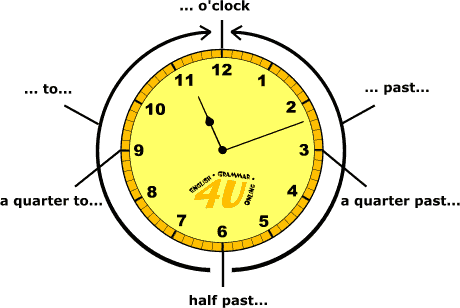Adverbs of Frequency
What is an adverb of frequency?
Adverbs that change or qualify the meaning of a sentence by telling us how often or how frequently something happens are defined as adverbs of frequency.An adverb of frequency is exactly what it sounds like – an adverb of time. Adverbs of frequency always describe how often something occurs, either in definite or indefinite terms. An adverb that describes definite frequency is one such as weekly, daily, or yearly. An adverb describing indefinite frequency doesn’t specify an exact time frame; examples are sometimes, often, and rarely.
These simple rules for adverbs of frequency will help you to use them correctly:
- Always use adverbs of frequency to discuss how often something happens.
- Adverbs of frequency are often used to indicate routine or repeated activities, so they are often used with the present simple tense.
- If a sentence has only one verb, place the adverb of frequency in the middle of the sentence so that it is positioned after the subject but before the verb. For example: Tom never flies. He always takes the bus.
- When a sentence contains more than one verb, place the adverb of frequency before the main verb. For example: They have often visited Europe.
- When using an adverb of frequency in the negative or in forming a question, place it before the main verb. For example: Do you usually get up so late?
Each sentence contains an example of an adverb of frequency; the examples are italicized for easy identification.
The incubator turns each egg hourly.
We take a vacation at least once annually.
I usually shop for groceries on Saturday mornings.
He is often late for work.
We seldom see John.
My dentist told me I should floss twice daily.


